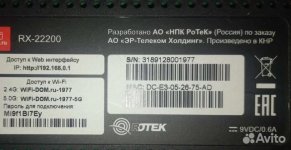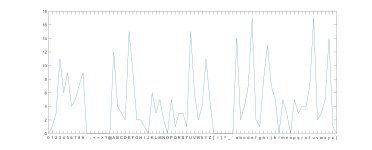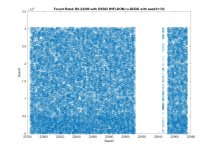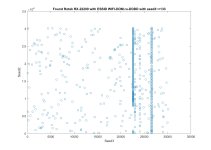Turns out I included the incorrect qiling script. Here's the correct one.
Now for the ironic bit. This algo was included in a older version of the firmware for the RX-22101 but not the latest firmware. No combination of seeds is able to generate the password.
However, it works fine for the RX-22311! It's also not random luck with too many monkeys typing as it generates the admin password as well. So it's confirmed to be the correct algorithm!
For the attached pic, the seeds are 16861, 22903 and 133. Because it uses different modular math for each seed, there are 2nd orders possibilities: 47130 (16861+30269), 53210 (22903+30307) and 30456 (133+30323). The third seed even has a third possibility of 133+2*30323=60779;
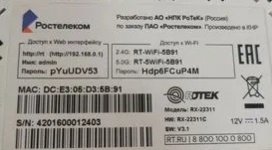
As a step prior to this algo, the firmware XORs these seeds with 43981, 22842 and 60779 respectively, which made me think it's really trying to hide the source, so it might be easy from here. *disappointed*
The words (from the machine ID) are 59920 (0xea10) or 5079 (0x13d7) for word1.
0x4d or 0x96e0 for word2
0xedee, 0x9b93 or 0x00 for word3
Reconstructing the possible machine ID string from those 16bit words gives 12 values:
334639459822
334639438739
334639398912
165892743818734
165892743797651
165892743757824
331045400046
331045378963
331045339136
165889149758958
165889149737875
165889149698048
but each can be added to n*281474976710656 where n=0..3552713678
for n=1
281809616170478
281809616149395
281809616109568
447367720529390
447367720508307
447367720468480
281806022110702
281806022089619
281806022049792
447364126469614
447364126448531
447364126408704
No similarities to the mac or the serial number so far.
Really want to have a look at /dev/mtdblock0 on one of these units to find the true machine ID.
In the mean time, I'll try some other Rotek RX-22xxx models to see what sticks and may be find a pattern that way.



